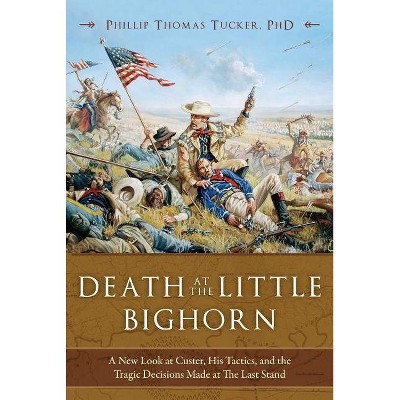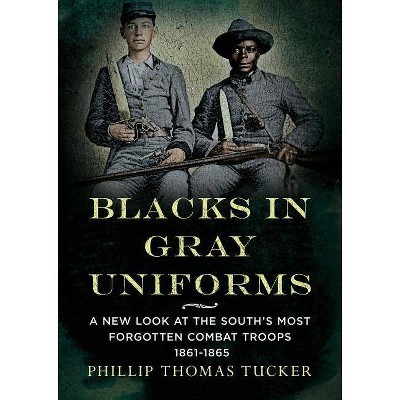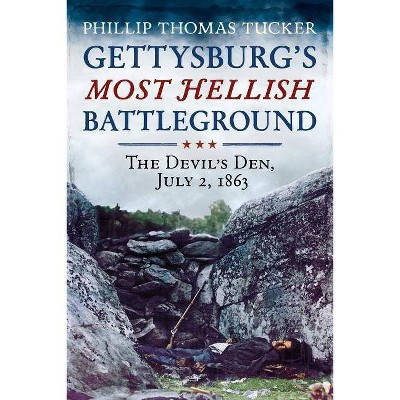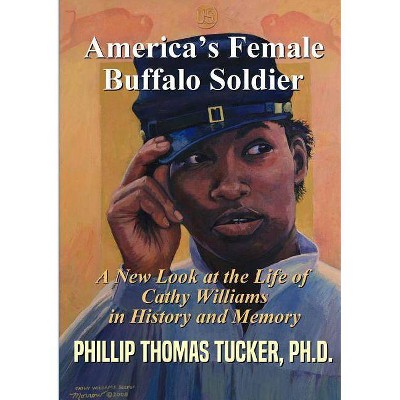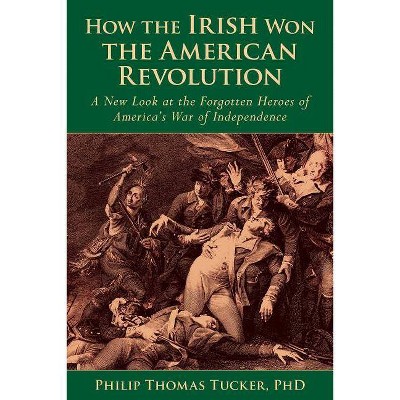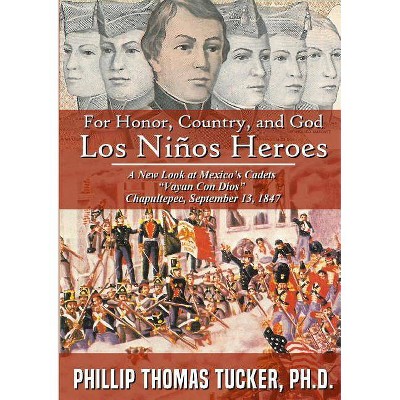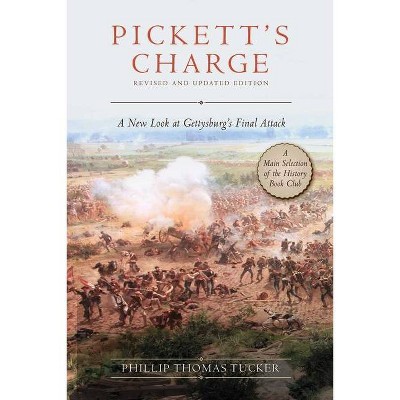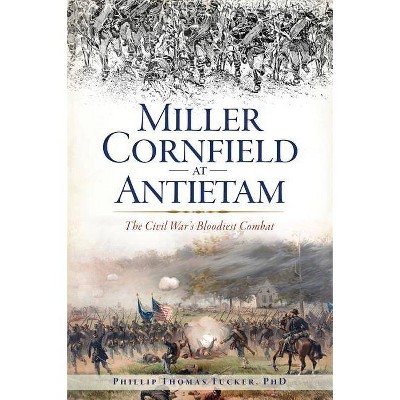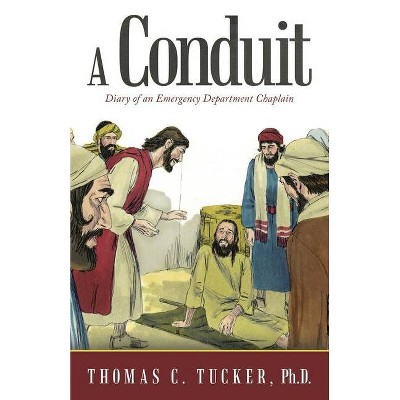Ranger Raid - by Phillip Thomas Tucker (Hardcover)
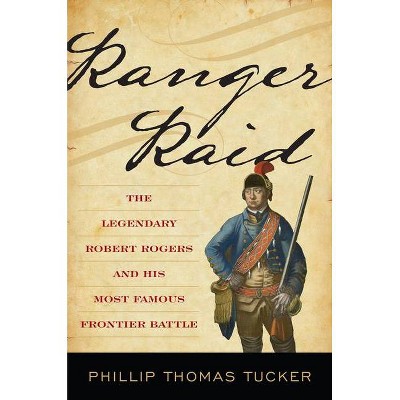
Similar Products
Products of same category from the store
AllProduct info
<p/><br></br><p><b> About the Book </b></p></br></br>A refreshing look at the story of Robert Rogers, father of the U.S. Army Rangers, combining the biography of the man, the history of his Rangers, and the history of the native peoples of St. Francis, Canada, to tell a new story of the St. Francis raid and its influence in the French and Indian War, the Revolutionary War, and ever after.<p/><br></br><p><b> Book Synopsis </b></p></br></br>A figure of legendary, almost mythic proportions, Robert Rogers is widely considered the father of U.S. Army Rangers. He gained his fame during the French and Indian War, fighting in the American and Canadian wilderness for the British colonies and the English Empire against the French and Indians, but a decade later, during the Revolution, he was almost a man without a country. During the American Revolution, George Washington didn't trust him--indeed, he had Rogers arrested in 1776--nor did the British, who, desperate, gave him a command anyway, and Rogers was pivotal in arresting and executing American spy Nathan Hale. However, Rogers' saga begins in the French and Indian War in what was a true American Odyssey. Ranger Raid digs deep into Rogers' most controversial battle: the raid on St. Francis in Canada during the French and Indian War. On October 4, 1759, Rogers and 140 Rangers raided the Native American town of St. Francis, Canada, as part of British general Jeffery Amherst's plan to gain intelligence in the St. Lawrence region. At the time, and for many decades thereafter, this was seen as a great victory--but now it seems like more of a massacre. Phillip Thomas Tucker refreshes this story, combining the biography of Robert Rogers, the history of his Rangers, and the history of the native peoples in this region, to tell a new story of the St. Francis raid and its influence in the French and Indian War, the Revolutionary War, and ever after.<p/><br></br><p><b> About the Author </b></p></br></br>Phillip Thomas Tucker is a writer and historian who has written or edited more than 130 works of history--both books and scholarly articles--earning him the nickname "the Stephen King of history." His books include Pickett's Charge: A New Look at Gettysburg's Final Attack, which historian William C. Davis praised as "thoughtful and challenging . . . fresh and bold"; Death at the Little Bighorn: A New Look at Custer, His Tactics, and the Tragic Decision Made at the Last Stand; multiple volumes about female Buffalo Soldier Cathy Williams; and Custer at Gettysburg. He earned a Ph.D. in American history from St. Louis University and is retired from the U.S. Department of Defense. He lives and writes full-time in Central Florida.
Price History
Price Archive shows prices from various stores, lets you see history and find the cheapest. There is no actual sale on the website. For all support, inquiry and suggestion messagescommunication@pricearchive.us

